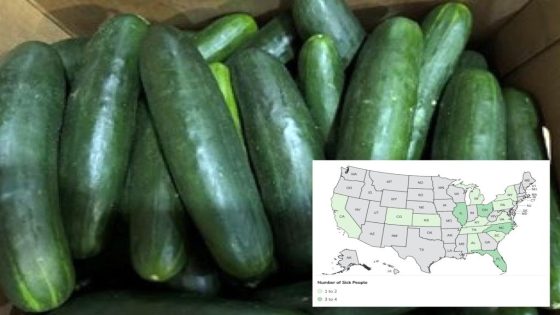A new 25% import tax on engines, transmissions, and key car parts has been implemented in the US, intensifying challenges for the global automotive industry. This tariff, effective from 2025-05-03 08:21:00, follows a series of policy shifts under the Trump administration aimed at boosting domestic manufacturing.
- 25% import tax on car parts implemented
- Tariff aims to boost US manufacturing
- Analysts predict higher costs for consumers
- Sales surge despite impending price hikes
- Companies withdrawing financial guidance due to uncertainty
- Potential trade deals with South Korea and Japan
While the president’s strategy is designed to encourage carmakers to produce more in the US, analysts warn that it may lead to higher production costs and ultimately price increases for consumers worldwide. Companies have so far experienced a surge in sales, but looming costs could dampen growth.
This policy shift raises critical questions about the future of global trade in the automotive sector. Will manufacturers adapt quickly enough to offset rising costs, or will consumers bear the brunt of these tariffs?
- Increased production costs could lead to higher vehicle prices globally.
- Manufacturers may shift production strategies to mitigate tariff impacts.
- Trade relations with key partners like Canada and Mexico remain crucial.
- Long-term market stability is uncertain amid ongoing policy changes.
As the situation evolves, stakeholders must stay informed and adaptable to navigate the shifting landscape of international trade and automotive manufacturing.































